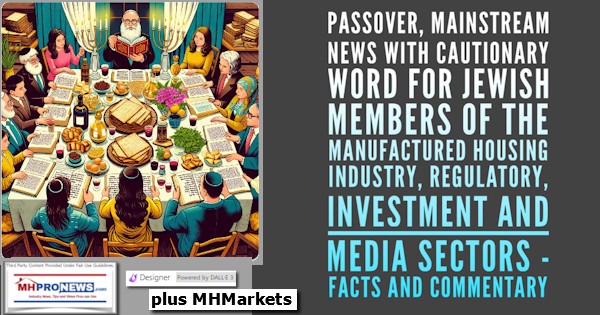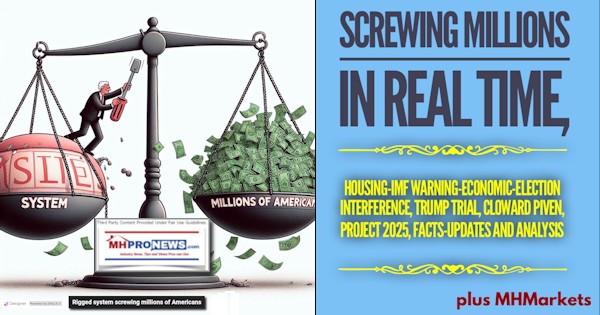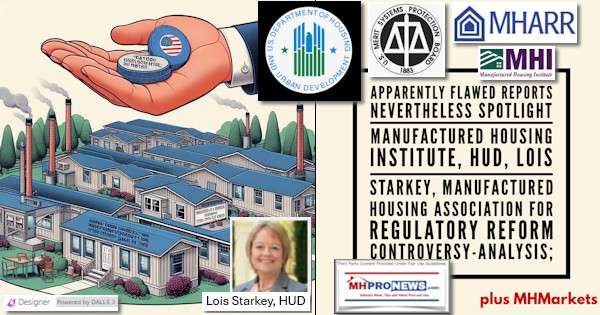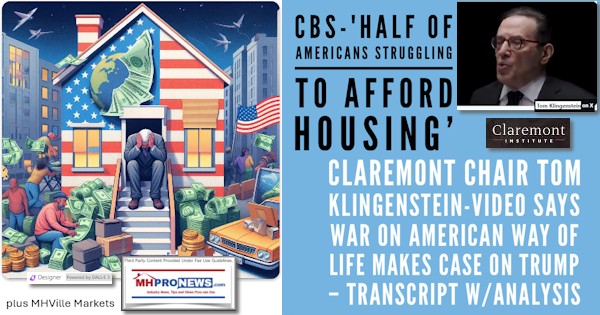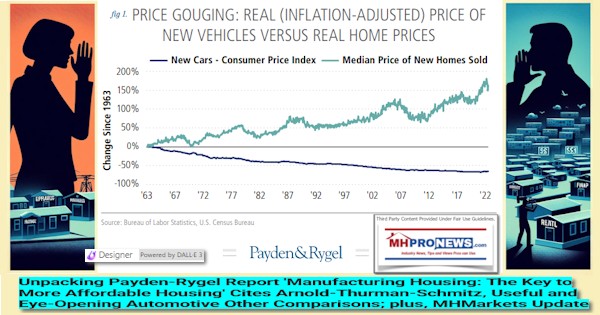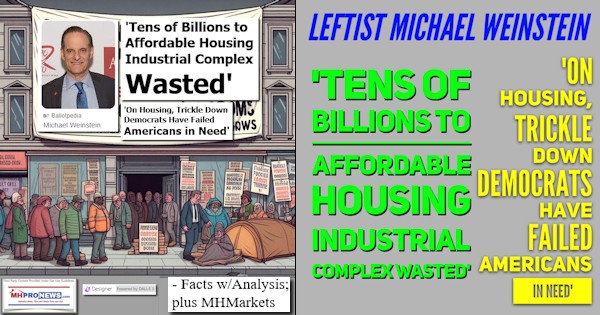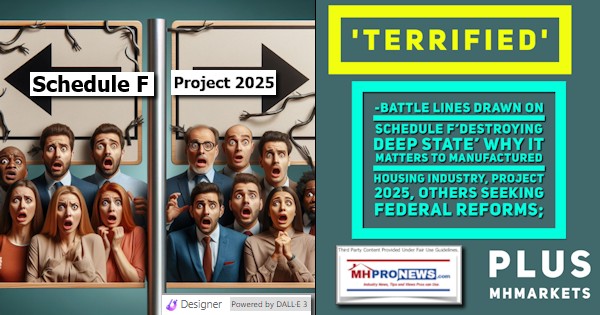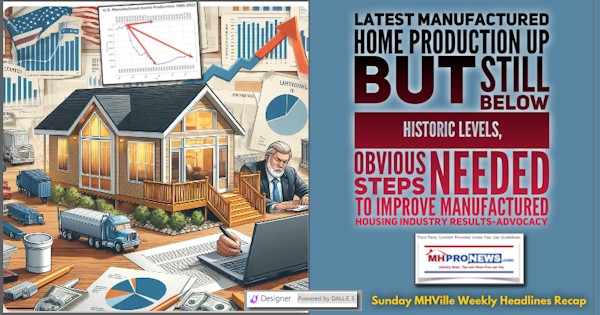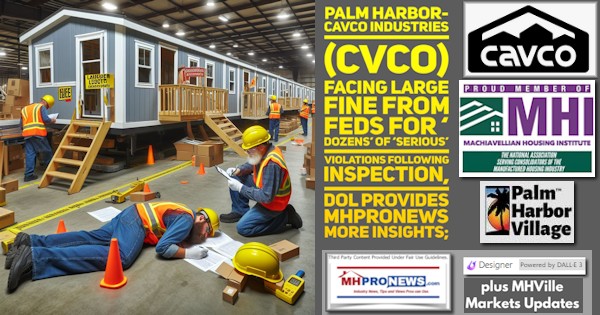
In 2003 the industry brought a program to the attention of the MHCC that was more flexible and economical than the current unwieldy Alternate Construction (AC) process used for on-site construction. One of the purposes of the initiative was to make HUD Code homes more competitive as well as increase access to non-chattel financing.
Due to take effect March 7, 2016, the new rule, however, would apply to on-site finishing procedures that are currently not subject to the AC process, requiring 100 percent inspection of all on-site completions, resulting in more costs and delays to the homeowner.
MHARR has consistently objected to 100 percent on-site inspections, instead offering manufacturers the choice between “1) 100% on-site IPIA inspections instead of in-plant inspections of site-completed homes; or (2) “on-site IPIA inspections of a reasonable percentage of homes completed on-site, subject to an increased frequency of on-site inspections (potentially up to one hundred percent) in the event that systemic non-compliances or defects were shown.”
MHARR notes that the proposed new rule, so bloated with on-site requirements, did not garner a single-voice of support of any participant from the MHCC, save for HUD personnel. Consumers would not be able to get the features they want in a home, opening the door to competitors and making MH non-competitive. Moreover, HUD could not give a cost estimate of its proposal, “as required by law – a clear indication that HUD’s non-compliance with the 2000 reform law has deteriorated under the current program Administrator”.
As a result of this negative response from the MHCC, the committee voted unanimously to extend the trial period for the new rule from six months, as had been proposed, to 12 months. In addition, the Regulatory Enforcement Subcommittee was charged with evaluating shortcomings of the new rule and determining its costs.
Asking what is the purpose of of the new rule, and who benefits, MHARR writes: “At the same time, it illustrates why Congress in its wisdom, together with the program stakeholders that participated in the development of the 2000 reform law, provided for an appointed non-career program Administrator, and how the industry is now paying the price for not insisting on full compliance with the law – an issue that the industry now must seriously reconsider.” ##
(Image credit: Manufactured Housing Association for Regulatory Reform)







